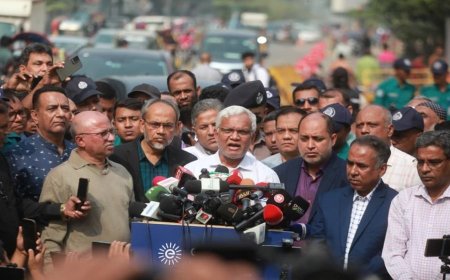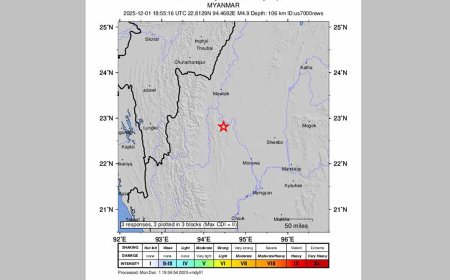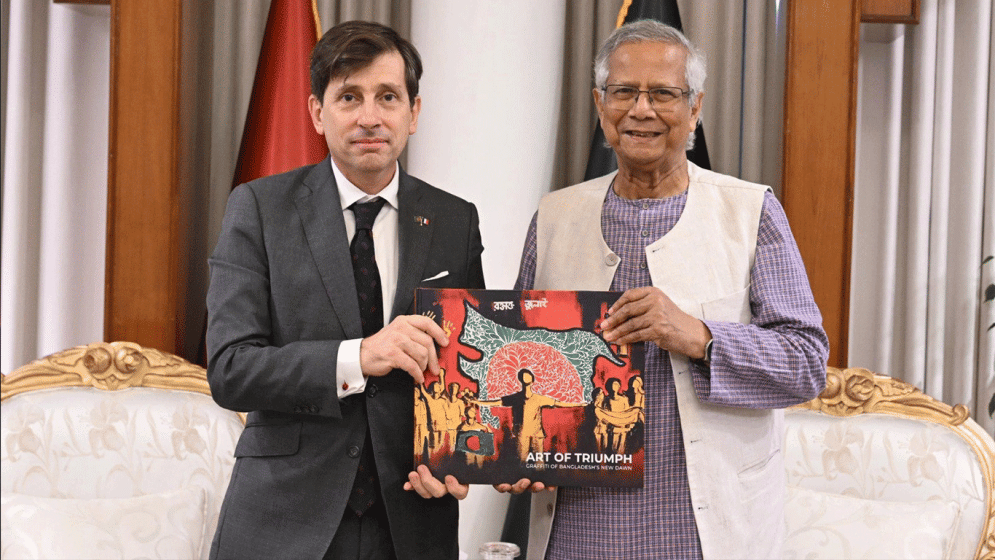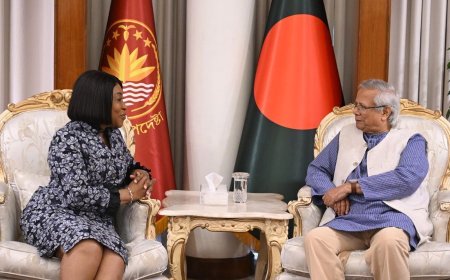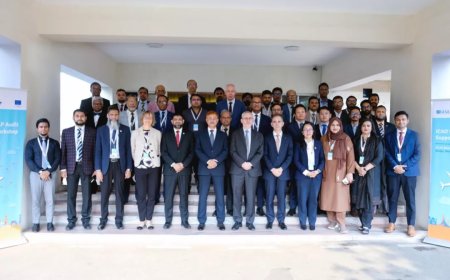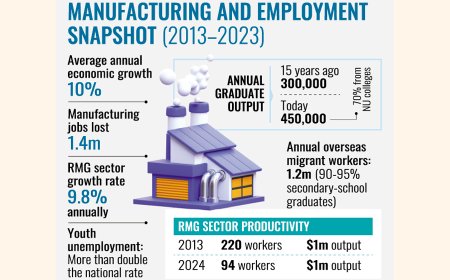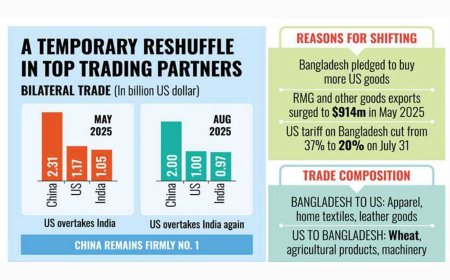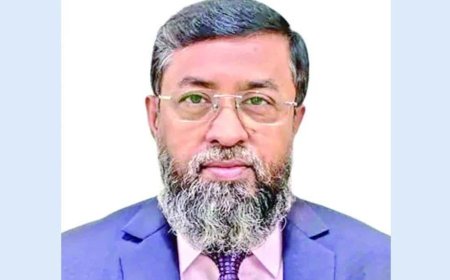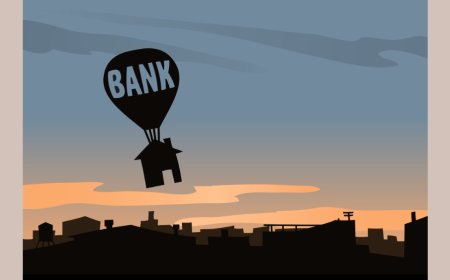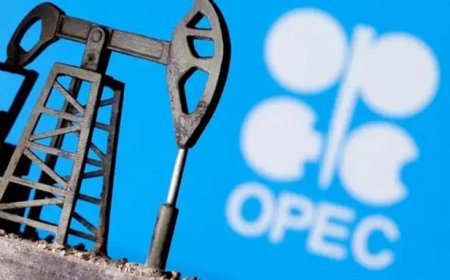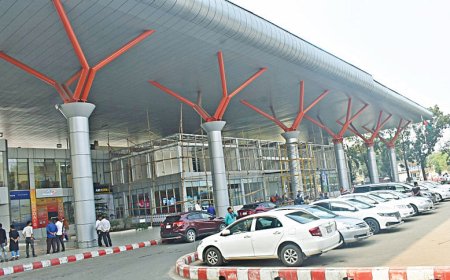IMF to intensify efforts to enhance tax collection
The decision follows the government's repeated failure to meet revenue targets.
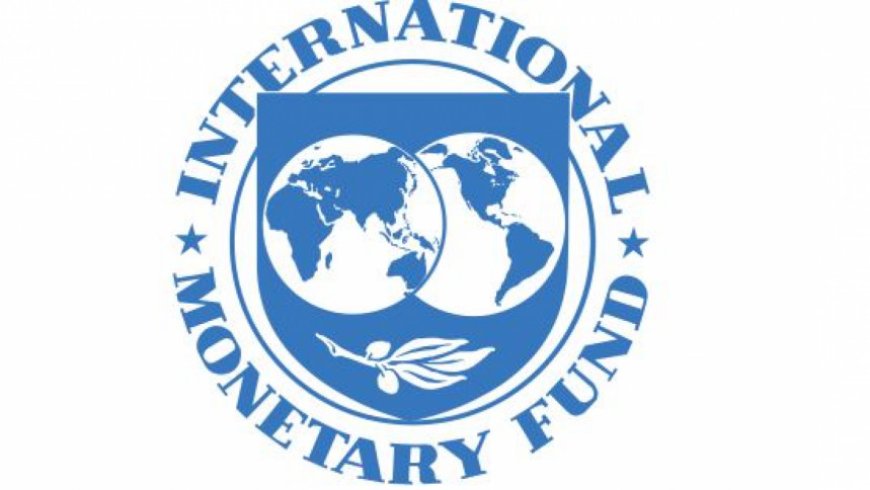
The International Monetary Fund (IMF) is poised to apply greater pressure on the Bangladesh government to improve its weak revenue mobilization by making the disbursement of remaining funds under a $4.7 billion loan conditional on meeting tax collection targets. Previously, tax collection targets were not classified as Quantitative Performance Criteria (QPC)—mandatory benchmarks required to unlock loan installments. However, during a recent visit to Dhaka, IMF staff indicated plans to elevate tax collection targets to QPC status, according to finance ministry officials involved in the negotiations.
Last month, the IMF staff mission visited Dhaka to review the country's performance ahead of releasing the loan’s fourth tranche. “Bangladesh's low tax-to-GDP ratio necessitates urgent tax reforms to establish a fairer and more transparent system, sustainably increasing revenue by rationalizing exemptions, improving compliance, and separating tax policy from administration,” the mission stated at the conclusion of its visit.
The IMF’s focus on tax reforms follows Bangladesh’s failure to incorporate earlier revenue-boosting recommendations into the fiscal 2024-25 budget. These recommendations include reducing corporate income tax exemptions, raising VAT rates on certain goods to the standard 15 percent, introducing an additional tax bracket for high-income earners, and increasing taxes on tobacco and specific products. According to the IMF, these measures could raise the tax-to-GDP ratio by 0.5 percentage points this fiscal year.
So far, Bangladesh has not met the tax revenue collection targets set under the programme, which began in January 2023. With tax revenue collection for the first five months of fiscal 2024-25 down 2.62 percent year-on-year to Tk 1,30,185 crore, the country is unlikely to meet the full-year target of Tk 4,78,050 crore. This would require a 29 percent increase in tax revenue compared to fiscal 2023-24.
Ahead of the IMF board's review for the fourth tranche next month, the staff mission has suggested that Bangladesh demonstrate its commitment to the programme by implementing several revenue-related measures. In response, the National Board of Revenue (NBR) on Thursday introduced hikes in value-added tax (VAT) and supplementary duties on nearly 100 goods and services—an unusual mid-year policy shift. Consumers now face VAT rates of up to 15 percent, compared to as low as 5 percent previously, further burdening them amid persistent double-digit inflation.
Zahid Hussain, former lead economist at the World Bank’s Dhaka office, criticized the timing, noting that inflation averaged 10.87 percent in the first half of fiscal 2024-25. He warned that including tax revenue targets as a QPC now would strain Bangladesh further and urged the government to negotiate with the IMF to delay such a move.
Negotiations are also underway to revise the tax collection targets downward, given disruptions to economic activities following the July unrest, finance ministry officials noted. Under the current loan programme, the IMF has established three QPCs—minimum net international reserves (NIR), budget deficit ceilings, and limits on external payment arrears—and four indicative targets (ITs). Until now, tax collection has been an IT, which, while important, is not mandatory for loan disbursement.
What's Your Reaction?









